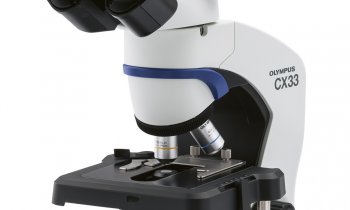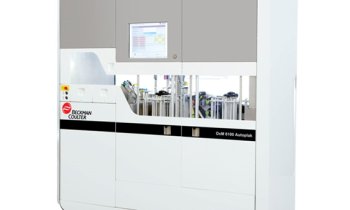Eradiction of H. pylori protects against stomach cancer
Almost all stomach cancers not related to the heart develop from the stomach ulcer causing bug H. pylori. A Japanese study shows that treatment to eradicate the mikrobe reduces the risk of developing new gastric carcinoma in patients.

In 2005 the Nobel Prize was awarded for the discovering of H. pylori's role in ulcer cancer.
Helicobacter pylori is responsible for up to 90% of all gastric ulcers. While removal of H. pylori has been demonstrated to have a preventive effect on stomach cancer in animals, trials in human beings have produced mixed results. Several studies have shown that the eradiction of the mikrobe from the stomach protects against the development of stomach cancer. Others, however, have found no such tutelar effect, explained Masahiro Asaka, from Hokkaido University Graduate School of Medicine in Sapporo, Japan, and team.
To investigate further, the researchers studied 544 patients who had undergone surgery for early stomach cancer. Half of them received an H. pylori eradication regimen, while the other half received no treatment. The eradication group received 30 milligrams of lansoprazole twice a day, 750 milligrams of amoxicillin twice a day, and 200 milligrams of clarithromycin semi-daily for a week. All the patients were examined at 6, 12, 24 and 36 months for signs of stomach cancer.
After 3 years, the researchers found that only nine patients who received Helicobacter pylori eradication therapy had developed stomach cancer again, compared with 24 of those who did not receive eradication therapy. Overall, Helicobacter pylori eradication therapy after stomach cancer surgery was associated with a 65 per cent reduced risk of stomach cancer recurrence. The results of the investigation are recently published in The Lancet.
The researchers conclude: "The results of this... trial suggest that eradicating H.pylori reduces
the risk of developing new gastric carcinoma in patients who have a history of such disease and are thus at high risk for developing further gastric cancers."
In an accompanying commentary, Dr. Nicholas Talley, of the Mayo Clinic in Jacksonville, Fla., noted that colonoscopy is widely used to screen for colorectal cancer even though there are no published randomized trials of benefits versus risks. "Yet, worldwide, gastric cancer kills more people, and there is better evidence that H. pylori eradication can prevent mortality than there is for colonoscopy screening. Preventing gastric cancer by eradicating H. pylori in high-risk regions should be a priority," Talley wrote.
Picture courtesy by Nobel Prize Organisation
08.08.2008
More on the subject:










